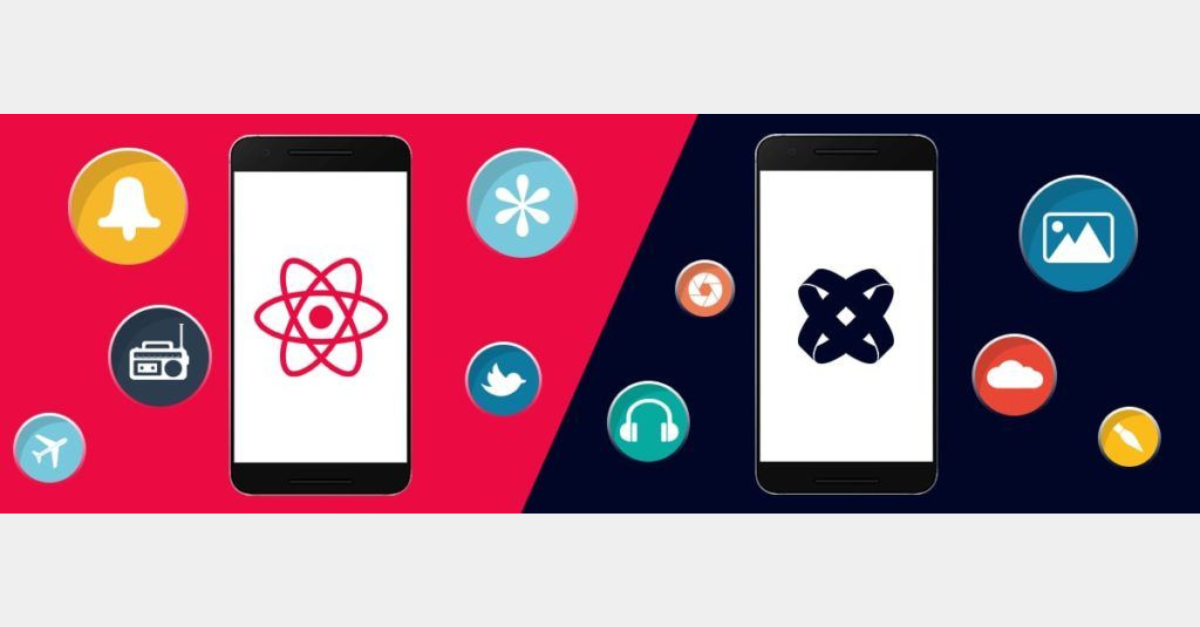Detailed Analysis of Native and Hybrid Apps

Introduction
Today in this world where smart phones have become a very important entity in our lives, there is a lot of effort being put into the development and betterment of these phones. The apps for these particular environment were earlier based on the particular environments for which they were to be targeted.
Nowadays these apps are not environment based and they can be used on multiple environments and from here we get our two categories of apps which are hybrid and native applications.
In this article, we have mentioned the detailed analysis of Hybrid and Native applications.
What are Hybrid and Native Applications?
Following is the information about hybrid application development and react native application development.
Native applications are the apps that are designed keeping in mind the environment or the platform for which we are designing that application for example when we design an application for the android environment we design that particular application on the android studio using programming languages like java, C++ etc.
The apps for the IOS environment are designed by using X-code or we can also use objective-C. the process is time consuming because they restrict us to only one platform.
Hybrid applications are the applications based on HTML5 and these particular applications have the quality or the ability to be used on more than one user interfaces. This makes the app more efficient as it is not restricted by the platform and can be used on other platforms as well.
What are the Main Differences Between the Native & Hybrid Apps?
The differences between the native and hybrid apps can be clearly made out when we take into consideration the following points into comparison of hybrid vs native apps.
- Development Cost: The development cost is less in the hybrid apps because the apps can be used for multiple platforms with the same code and developers do not have to change code for every other platform.
- Development Time: The development time is also less in the case hybrid vs native mobile apps for the same reason of hybrids apps being able to operate cross UI.
- Functionality: The functionality or the efficiency to function is more in the case of native apps rather than the hybrid apps.
- User Experience: The user is no doubt that user experience is better in the native apps because in a debate of hybrid vs native mobile apps the hybrid mobile apps only have the outline feature of being able to run on various platforms, but they are not very efficient in the ways the native are because when native apps are designed they are designed keeping in mind the intricacies of that particular environment. Factors like the screen size, resolution are also sometimes considered and this is one of those major differences between the native and hybrid apps because it just becomes impossible to offer that level of user experience in the hybrid apps with the ability to perform on multiple platforms.
- Paid and Free Apps: The native apps because they are more expensive to design and consume more time simultaneously they are generally put up in the category of the paid apps on the respective play stores or app stores. The hybrid apps on the other hand can be run on various platforms and thus most of the times they are free apps.
- Mixing of the Features: The users of IOS and Android tend to be very loyal to their platforms as they have gotten used to it and thus while designing a hybrid app you need to take both camps under you and then the features and functions respective to each get mixed which the user of other platform may find him or herself a little hesitant to use.
Despite the differences between the native and hybrid apps, there are various reasons as to why the analysis of native and hybrid apps have their own individual importance and in this debate or competition of hybrid vs native mobile apps there can’t be any winner.
Conclusion
After going through the above article, we have understood that it is preferable to go with native app development if you have less time to build the application in order to focus mainly on creating an impeccable experience for one user base.
On the other hand, Hybrid apps are more appealing when it comes to one source code for all platforms, cross-compatible web technologies, more availability of resources, easy updates, and lower initial budget costs.
However, there are several advantages and disadvantages for both the hybrid and native approaches, but you can choose one of them as per your business needs and requirements.
4 Way Technologies is the one of the top companies in the world for hybrid and react native mobile application development.

Mohit Kinger writes about blogs and e-books on enormous and in-trend technologies for 4waytechnologies from the past two years. Before hopping into technical content writing, he got a graduate degree in Bachelor’s of Technology, which helps him to approach various blogs based on cutting-edge technologies efficiently.